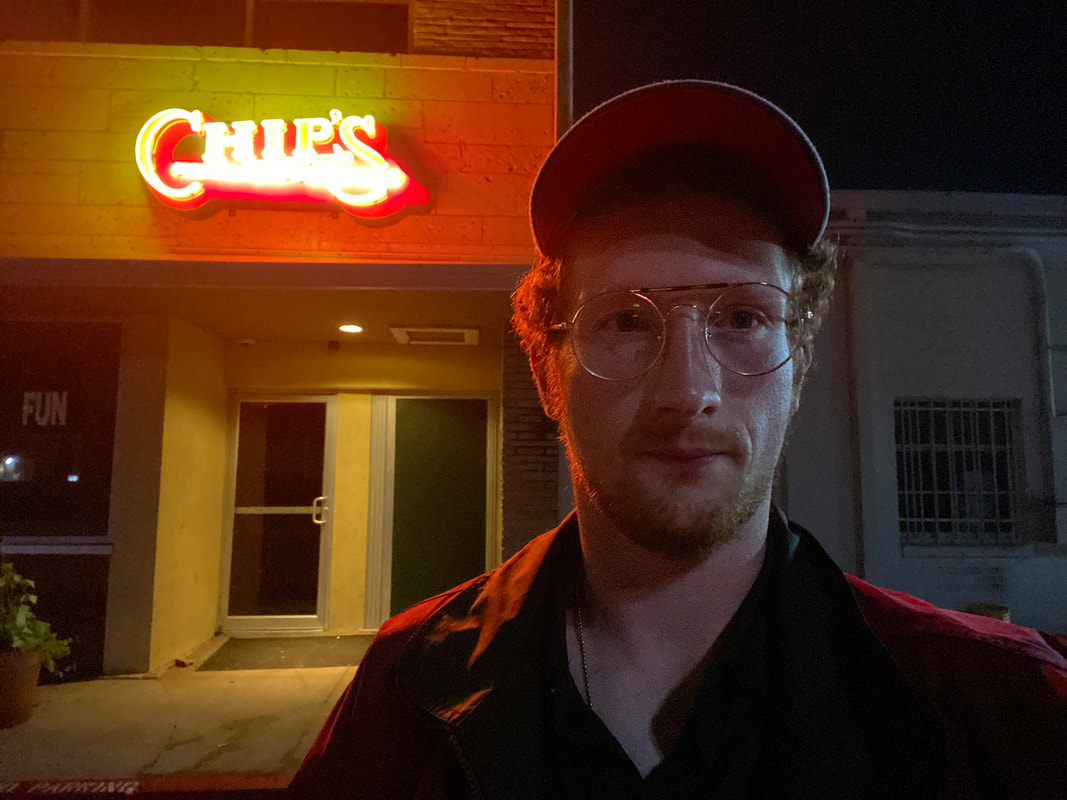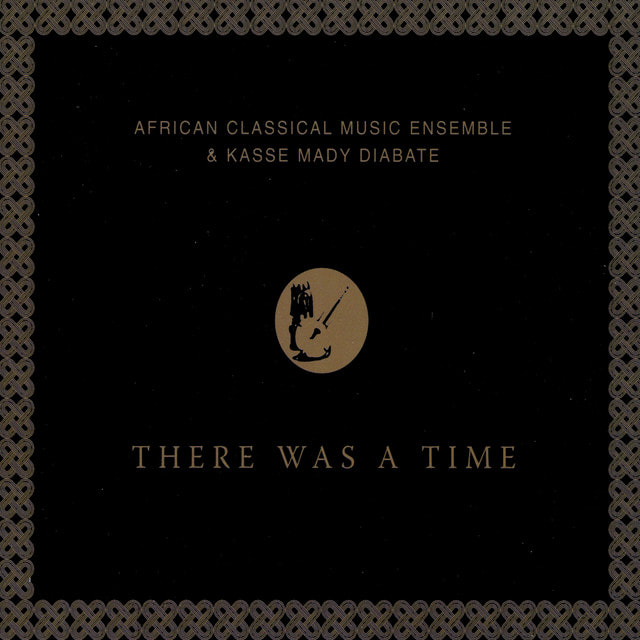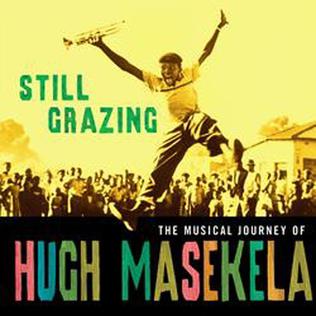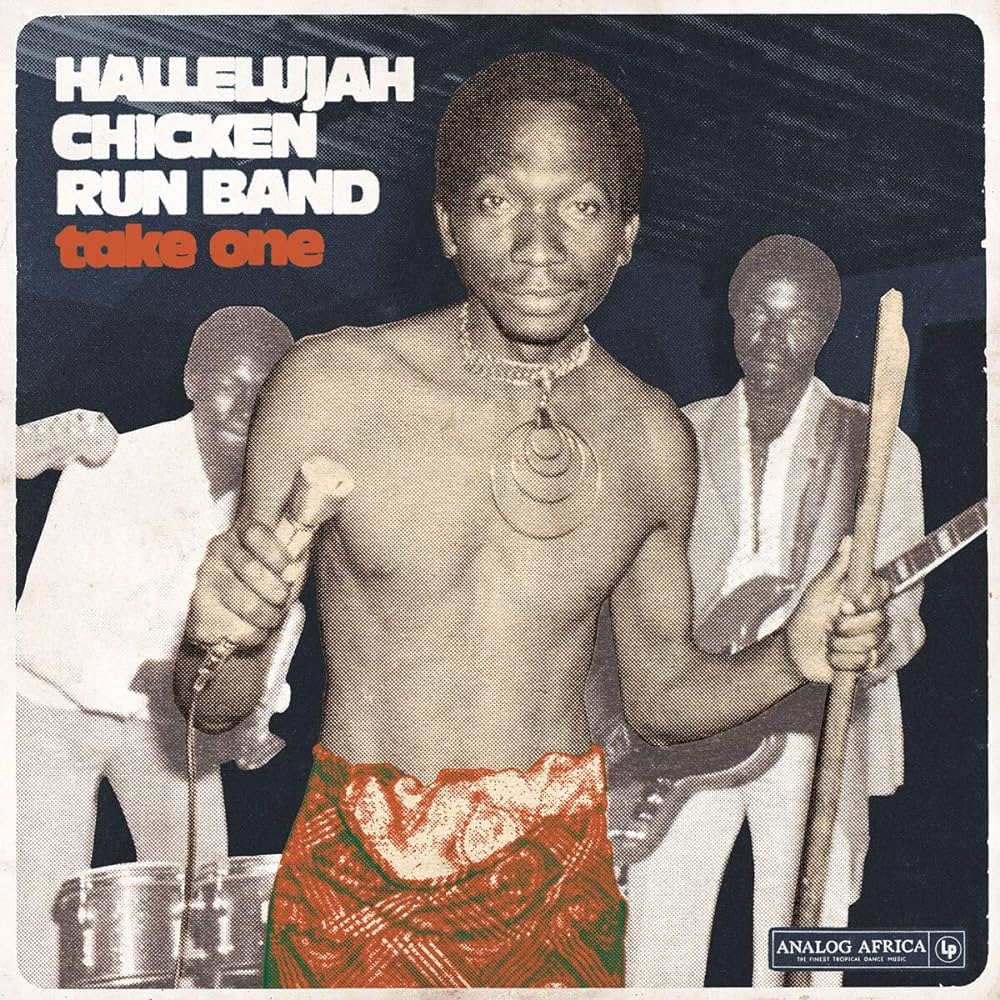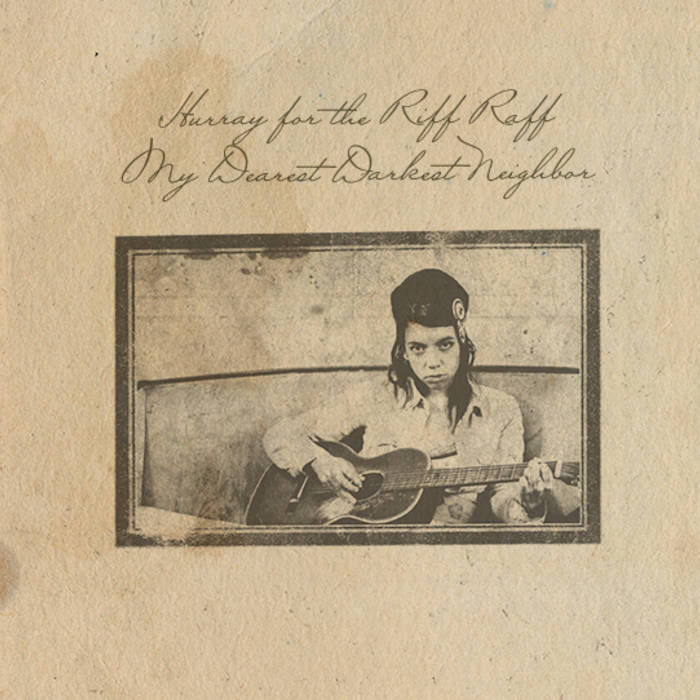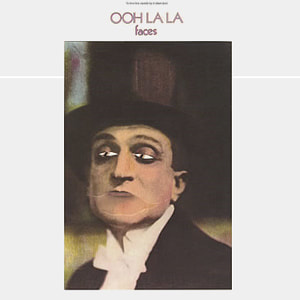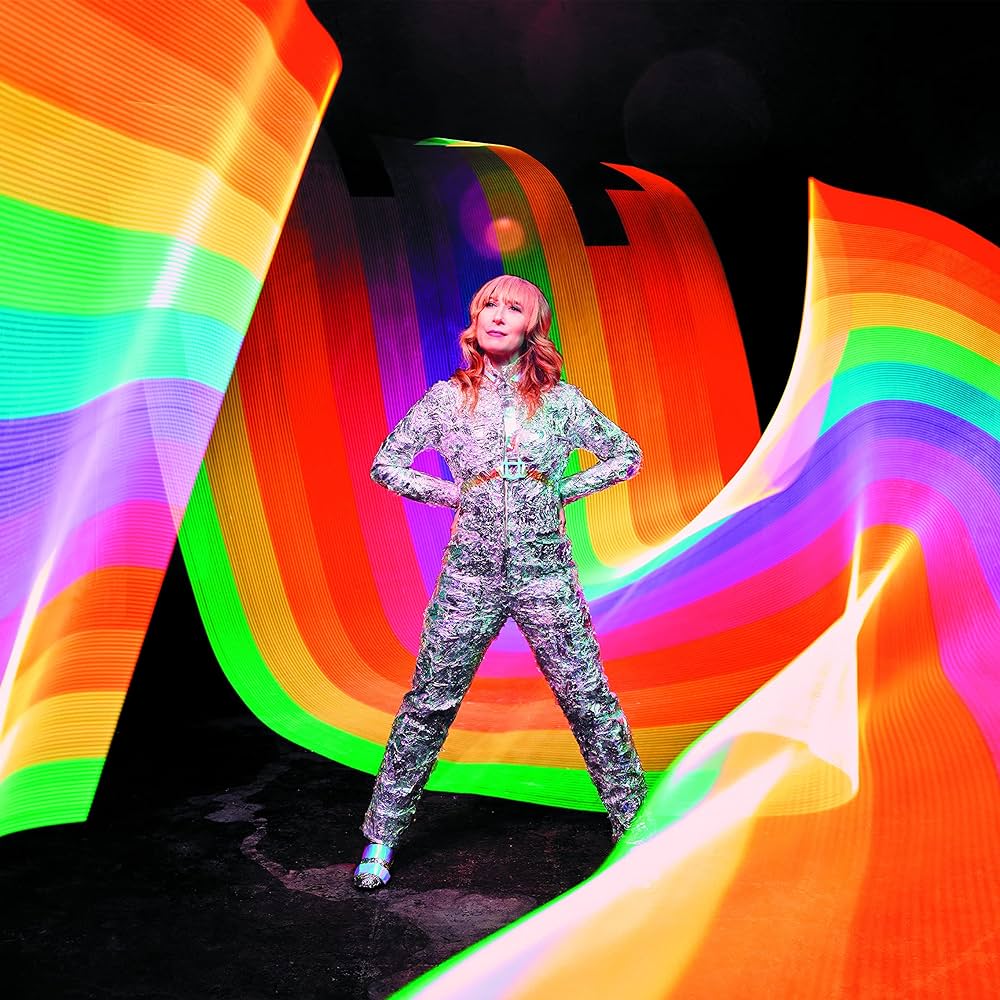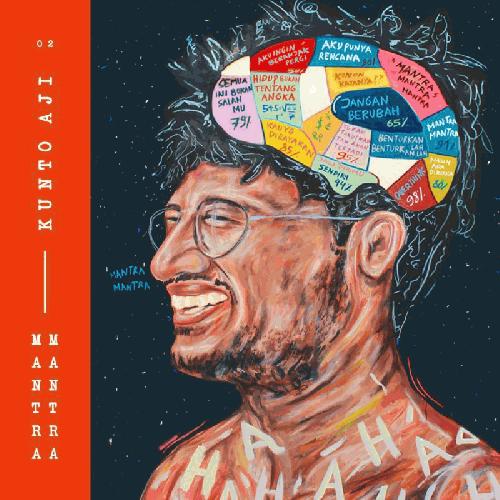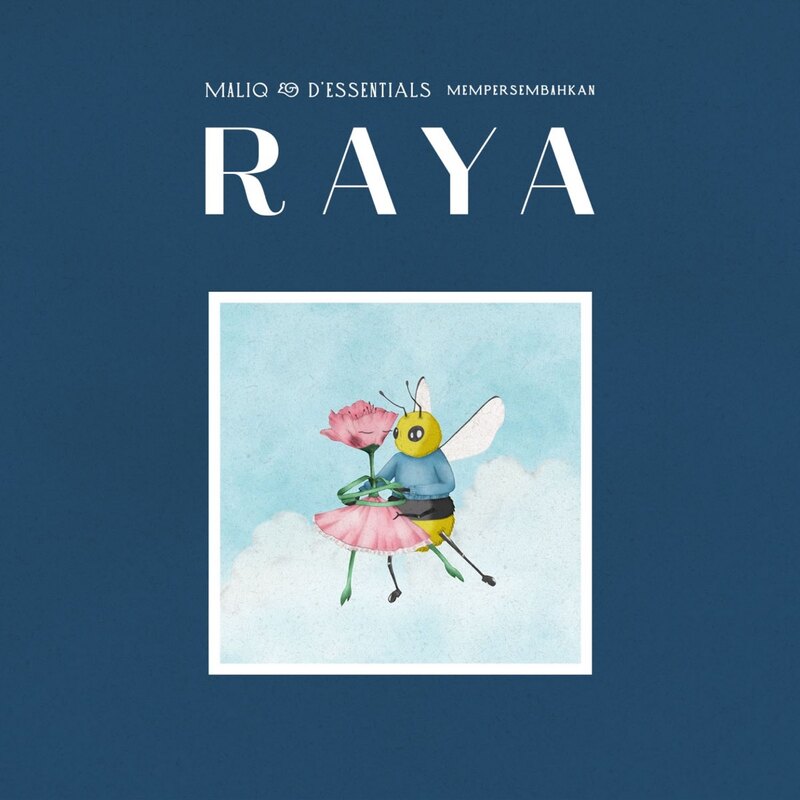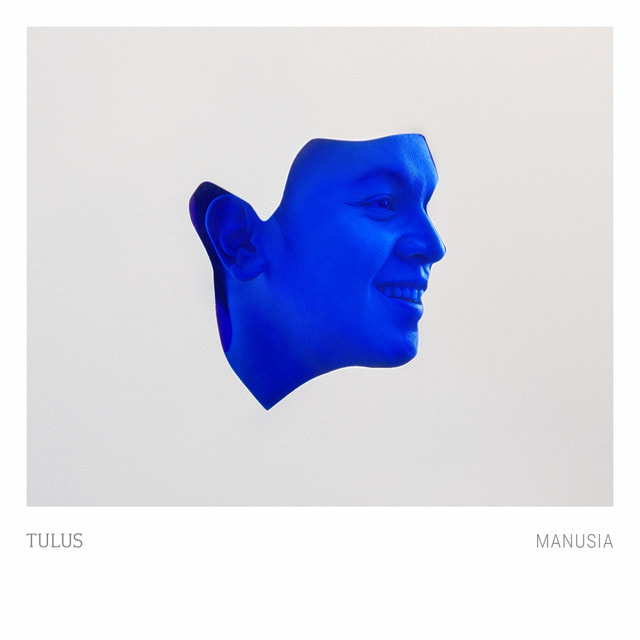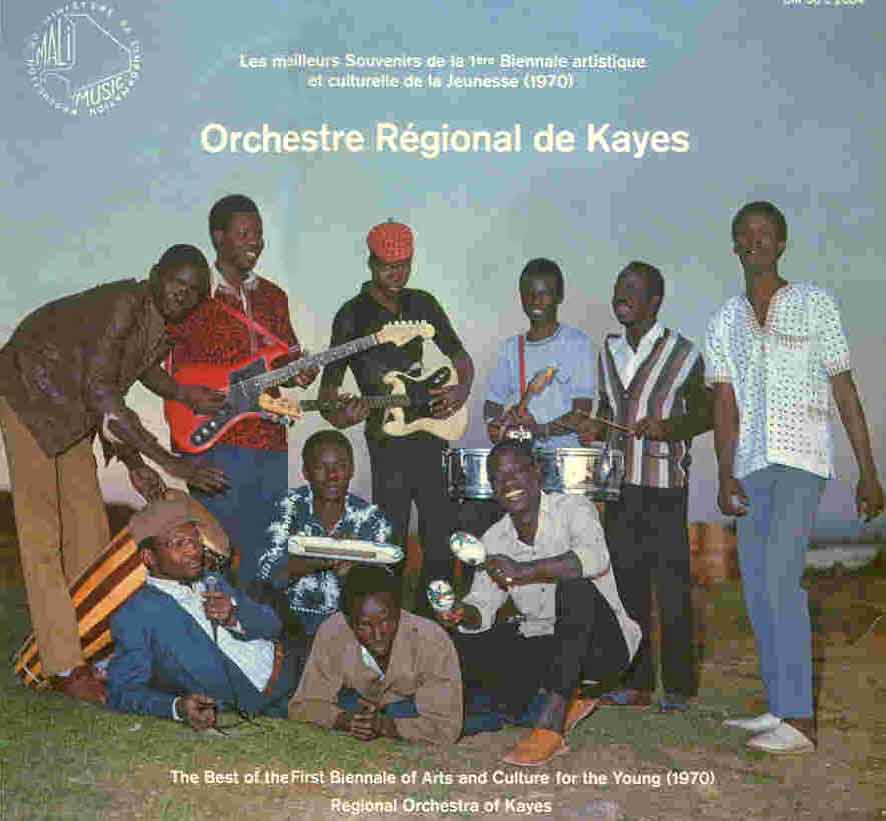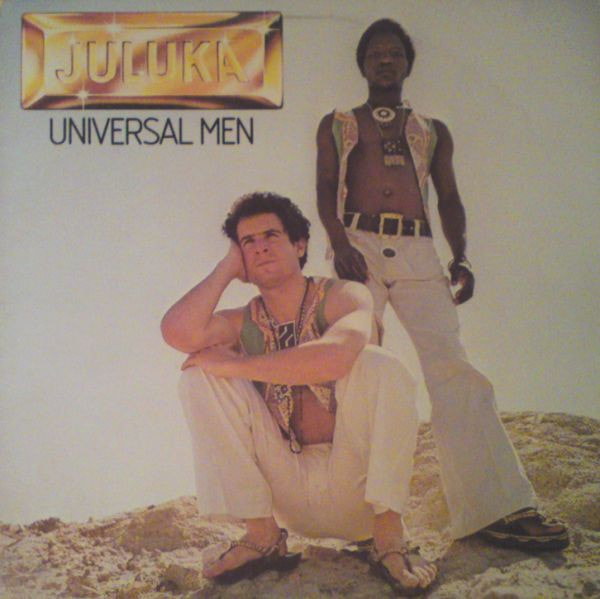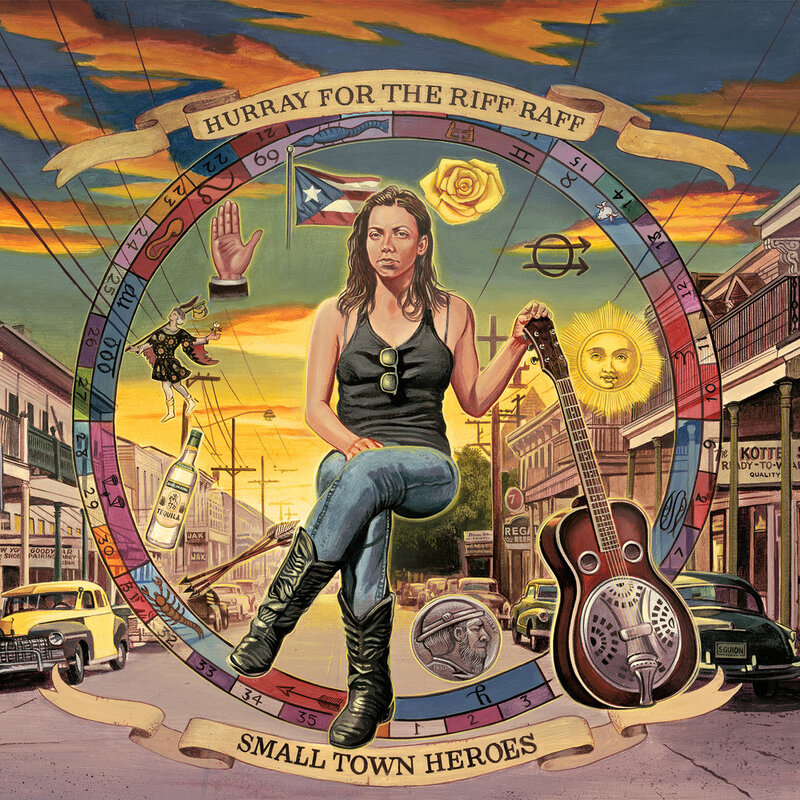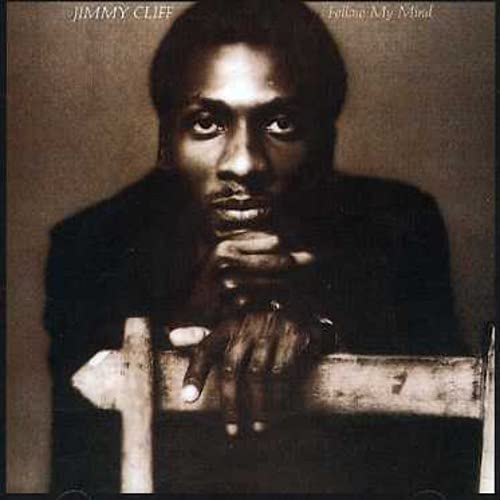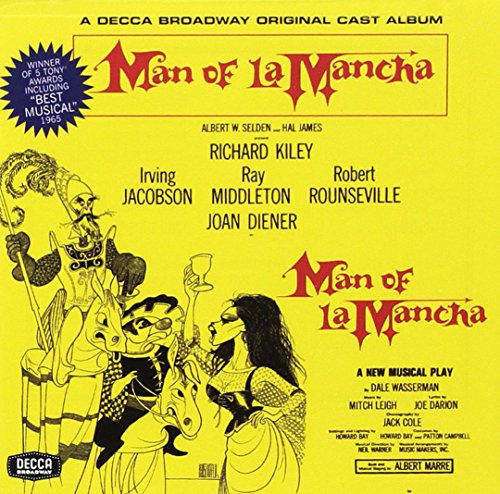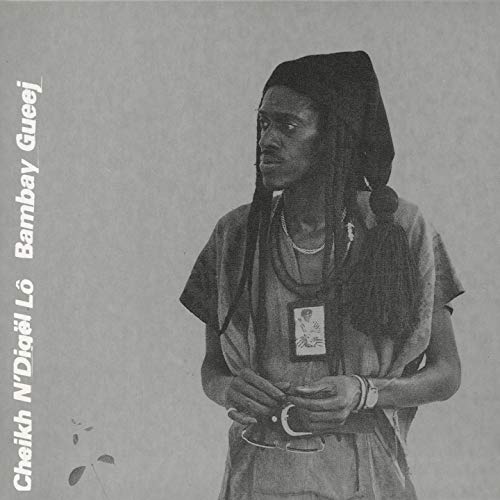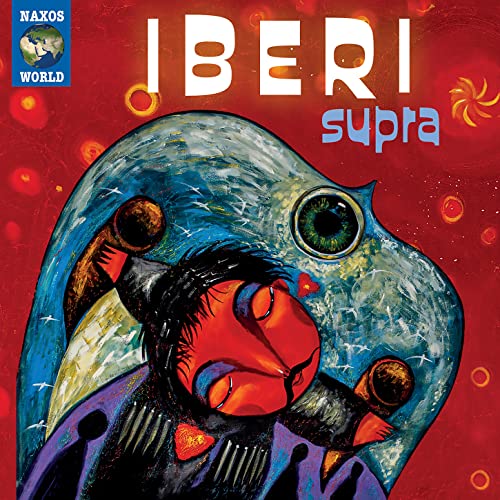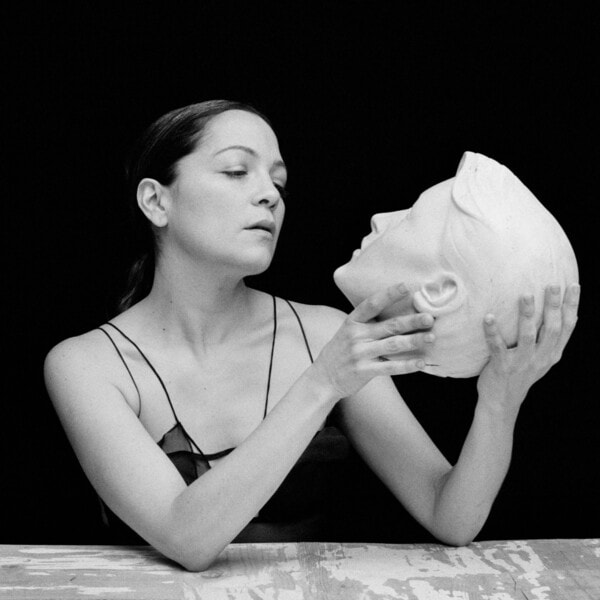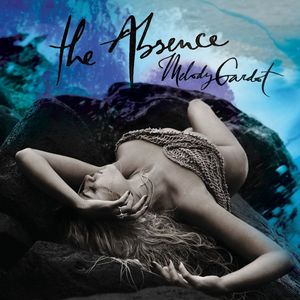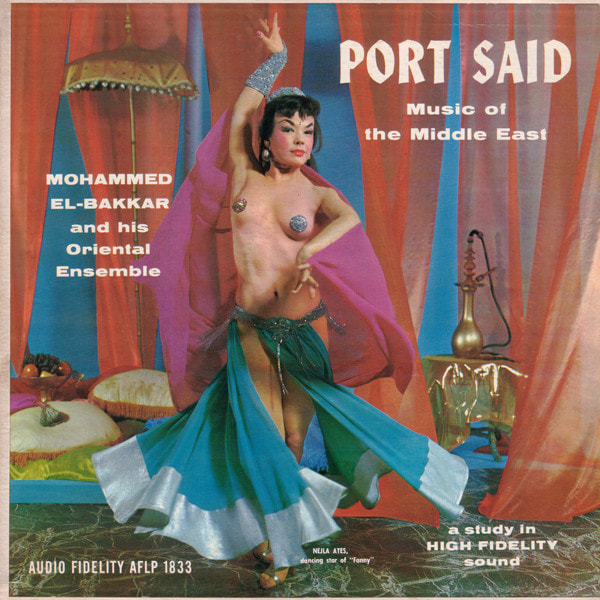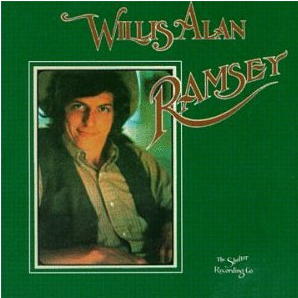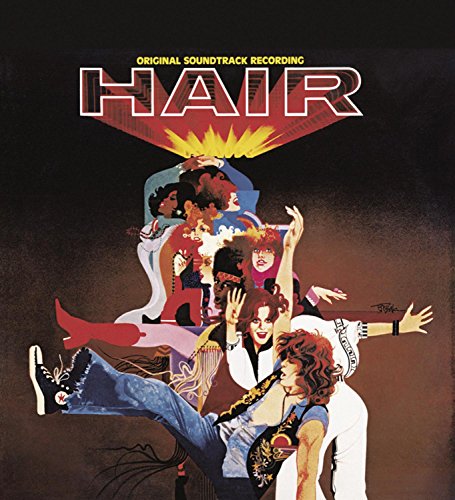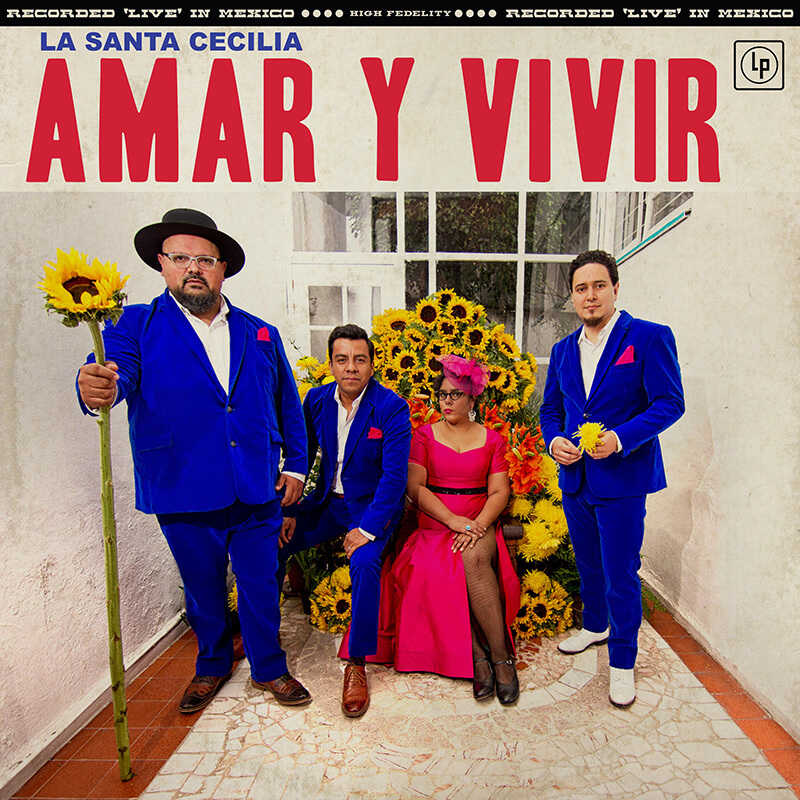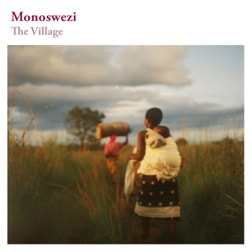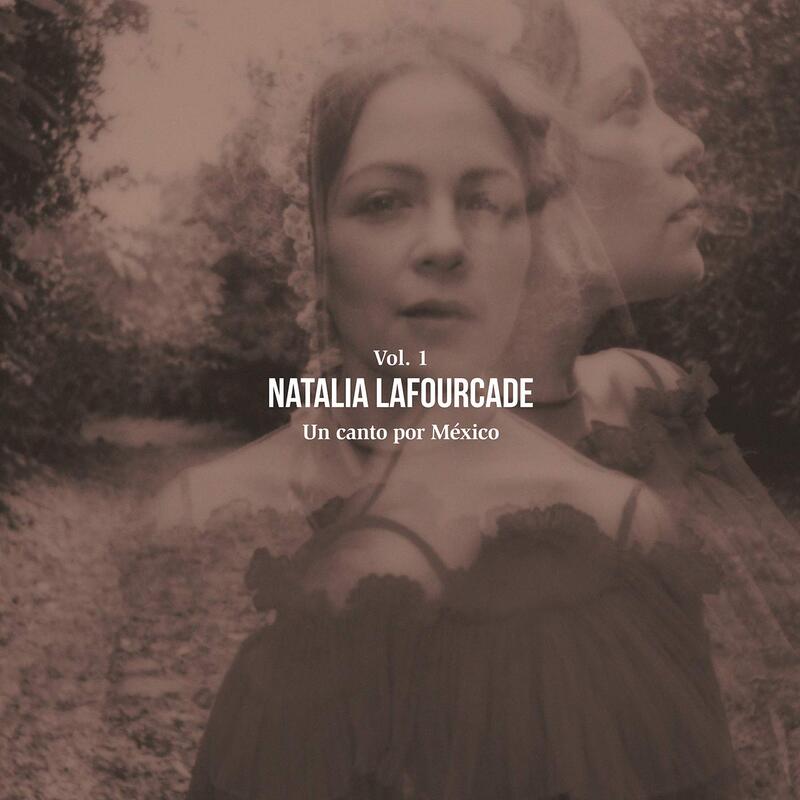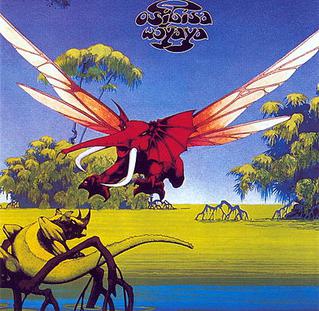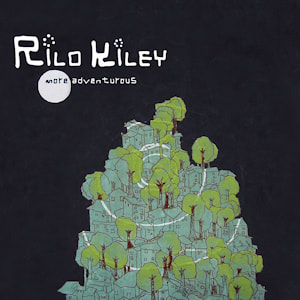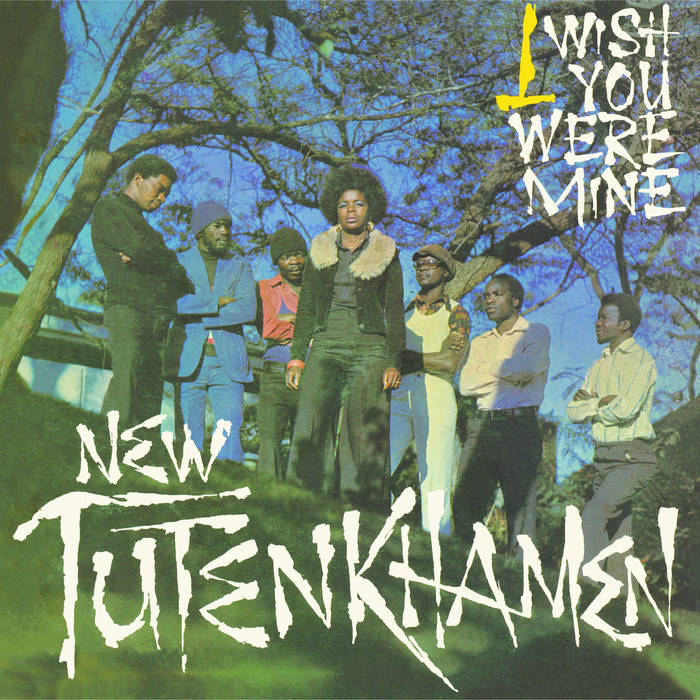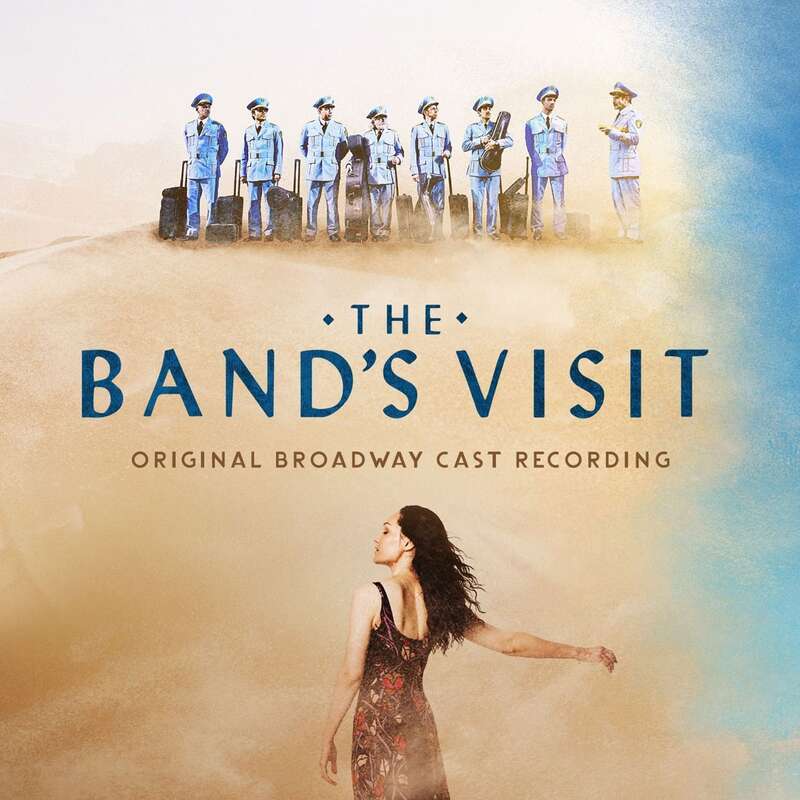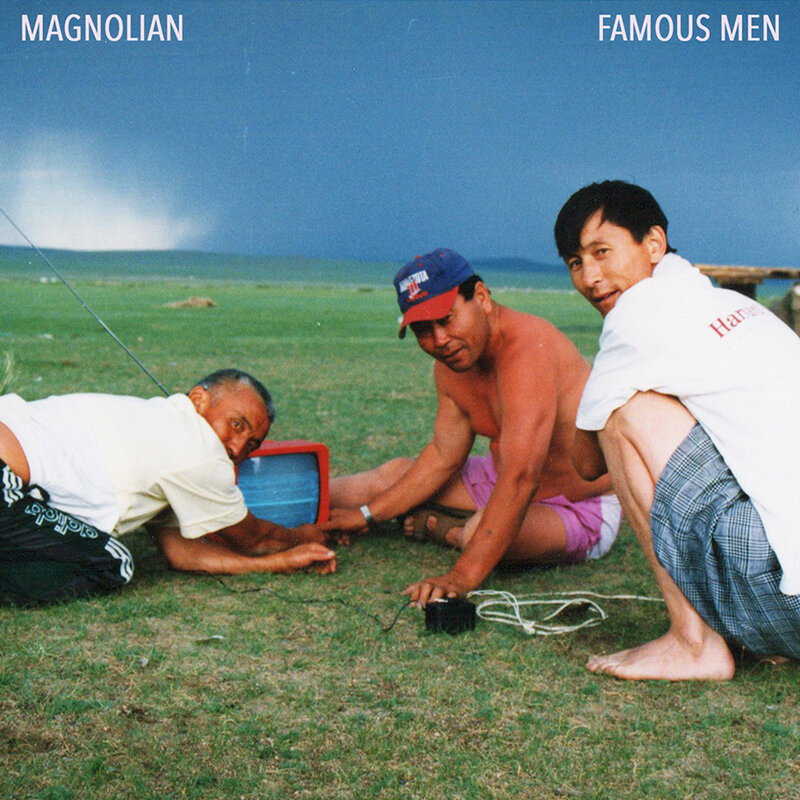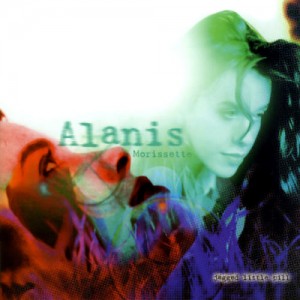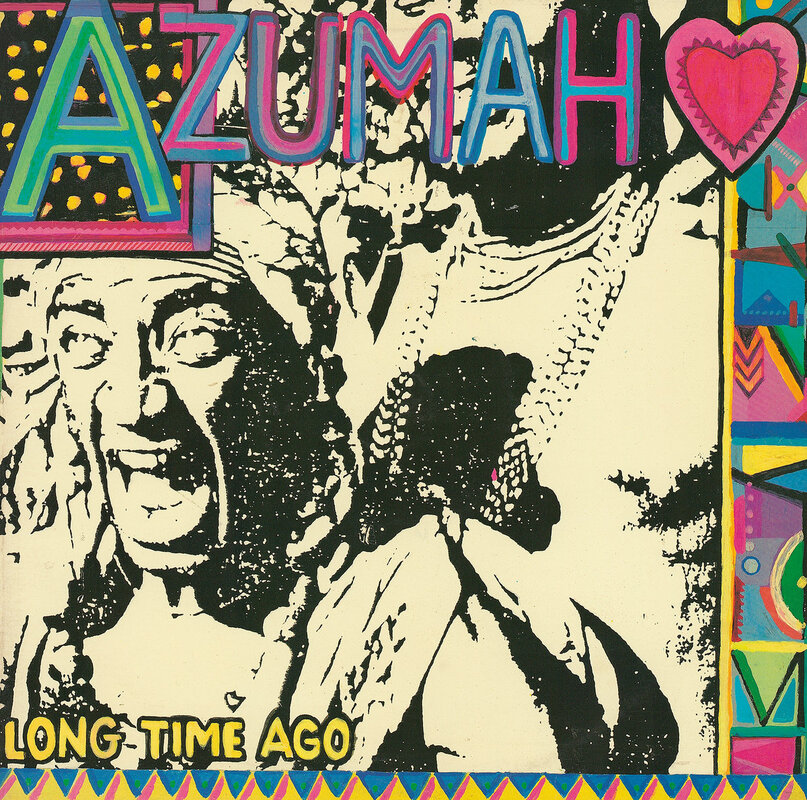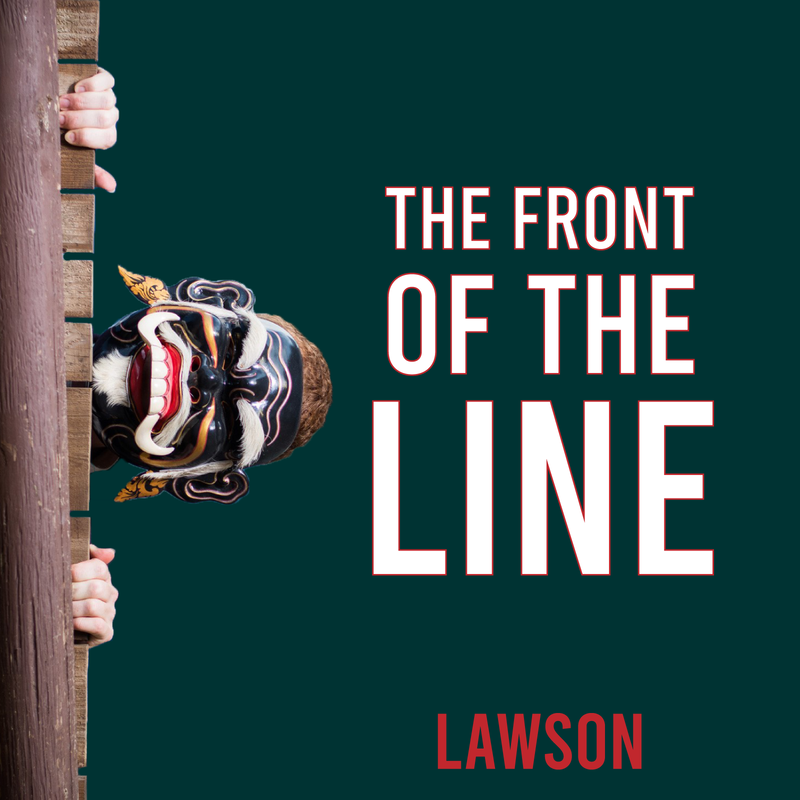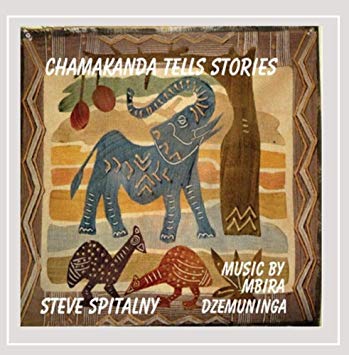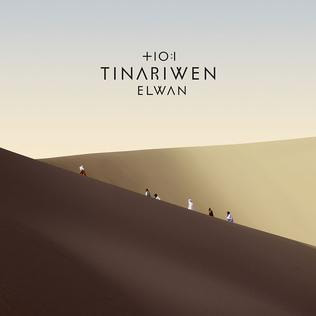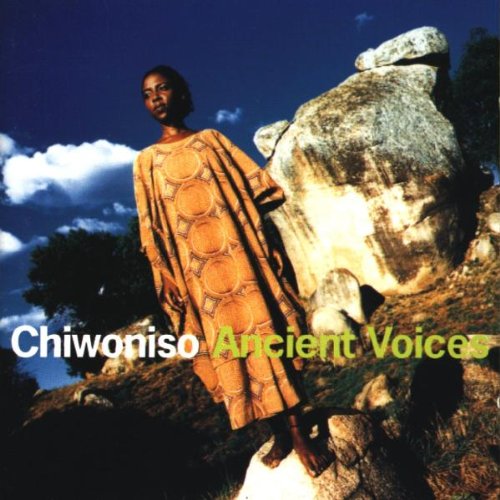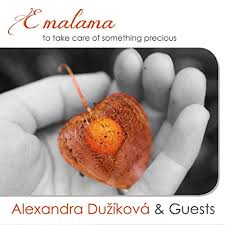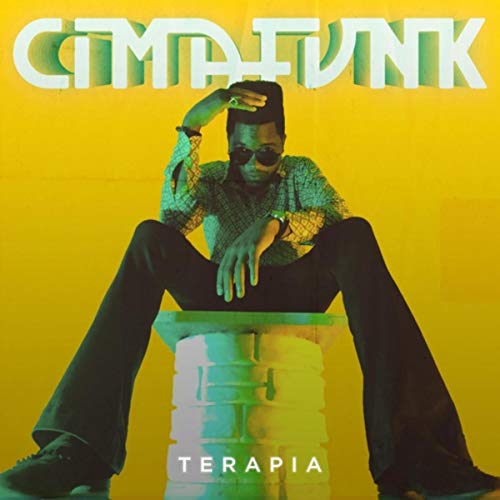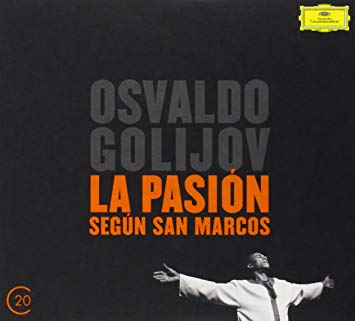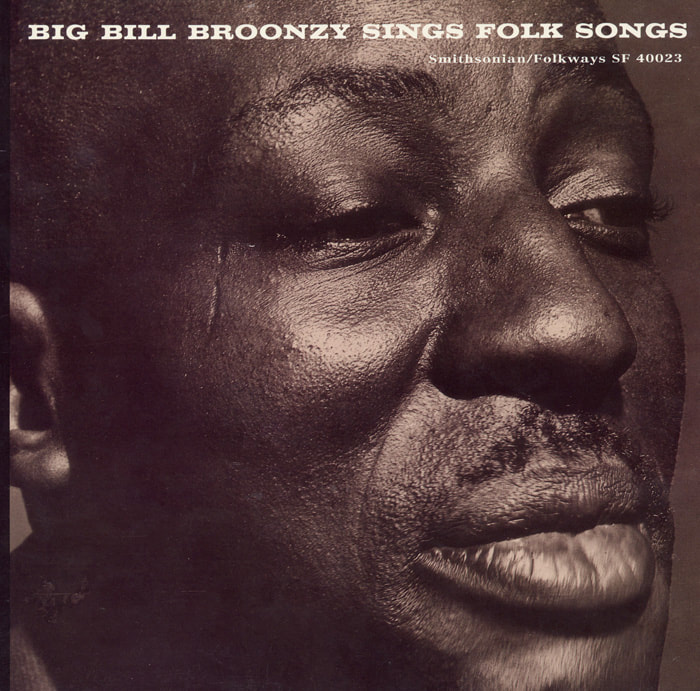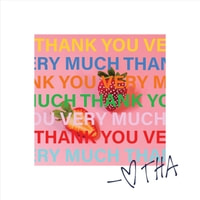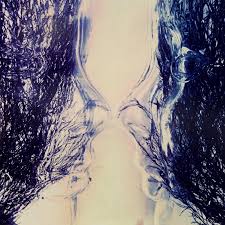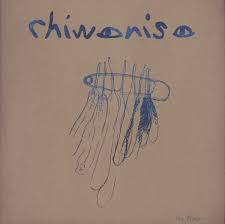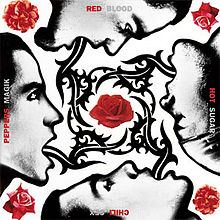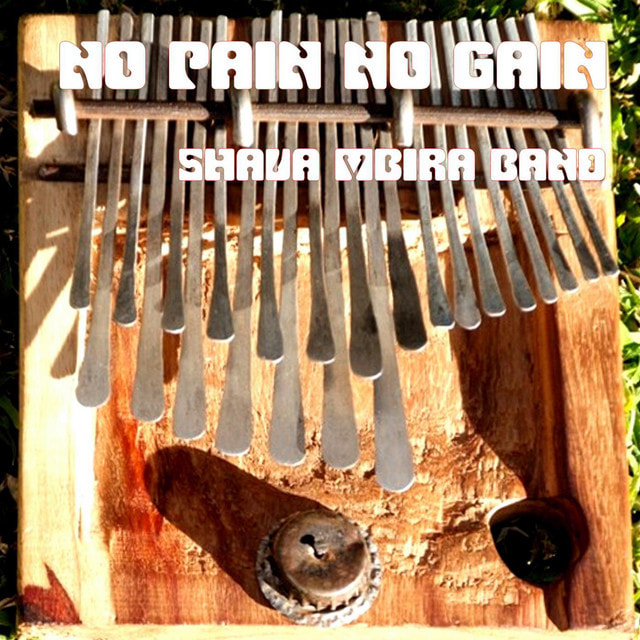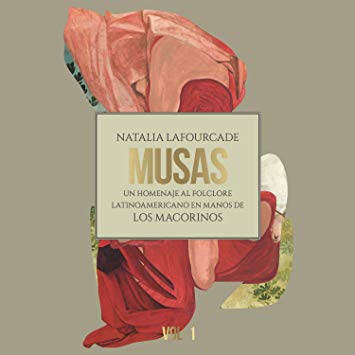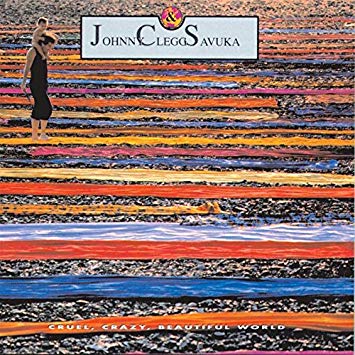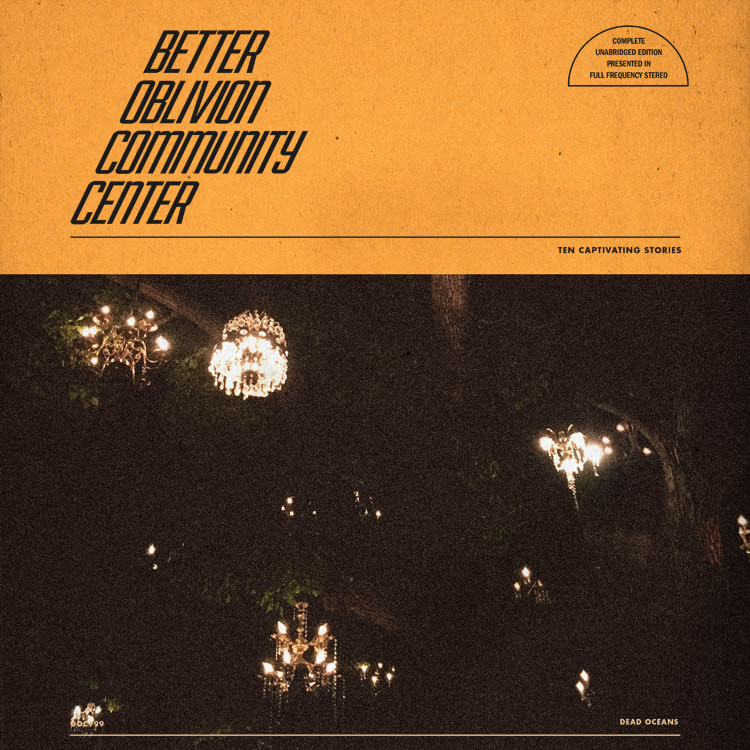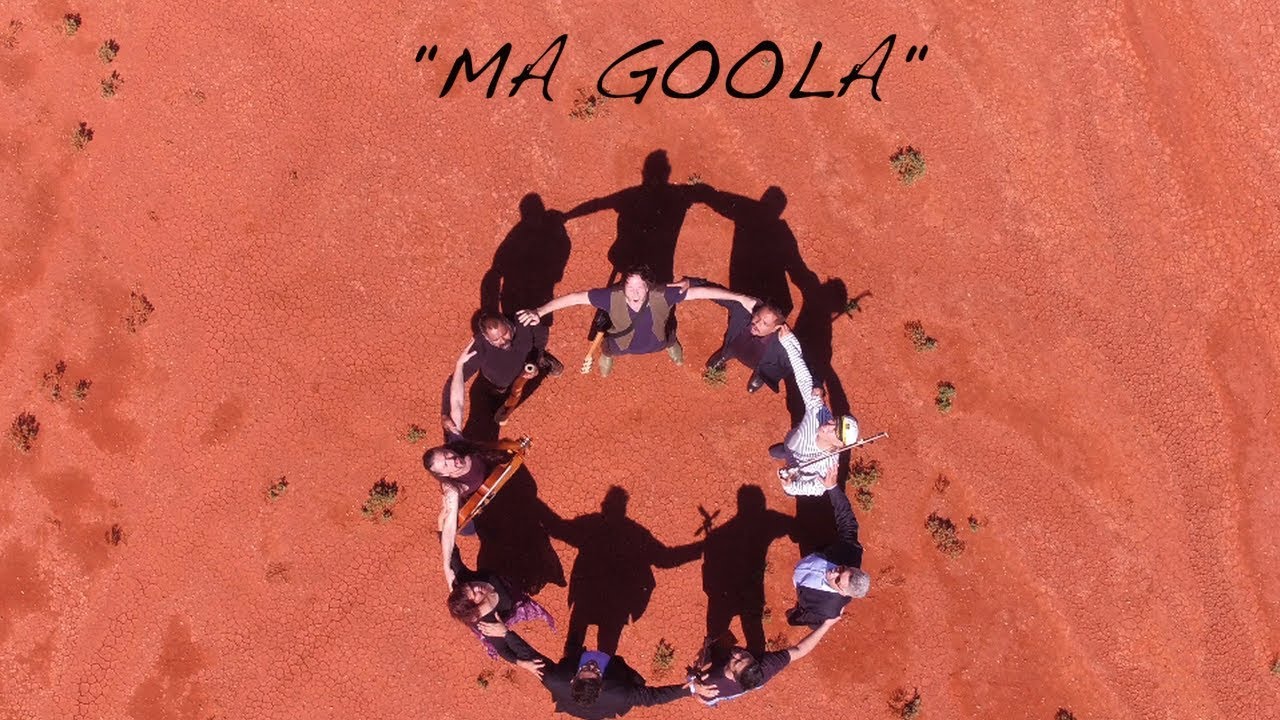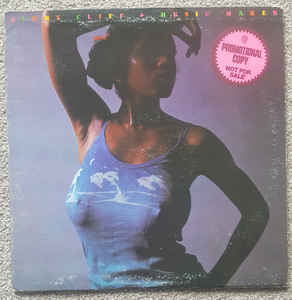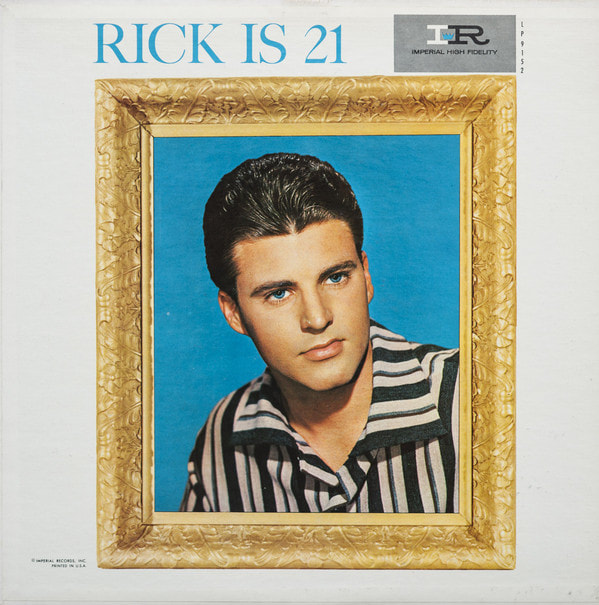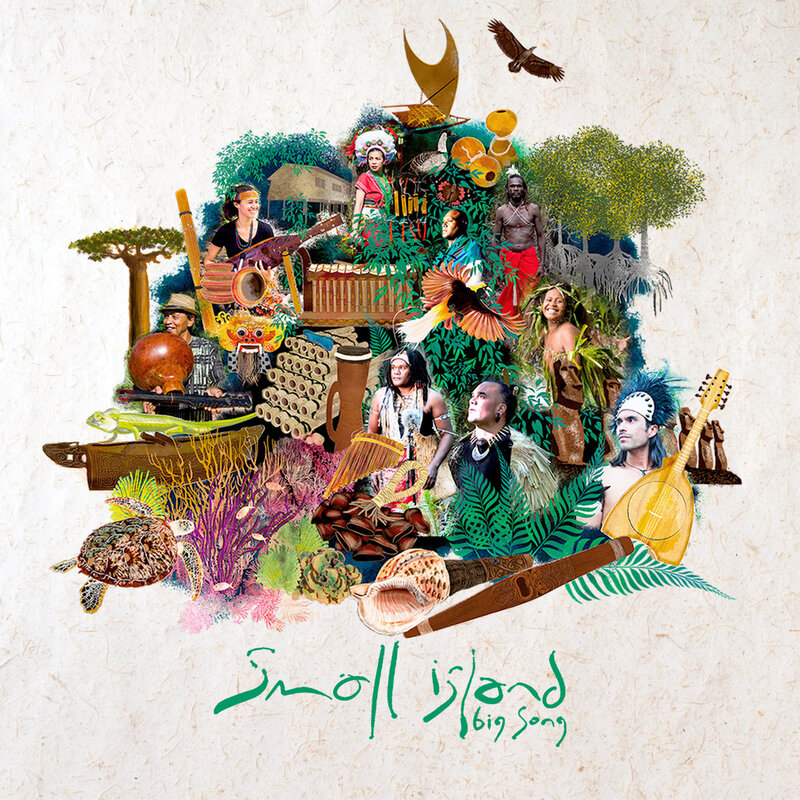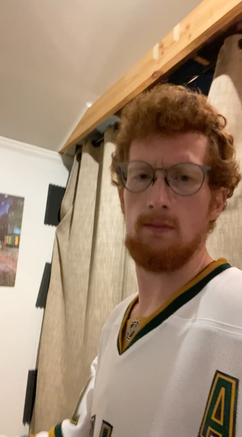 Lawson composing "Two Thousand & One"
Lawson composing "Two Thousand & One"
2020 was whacked out. For obvious reasons. Pandemic. Protests. Presidential elections. imPeachments. War with Iran? And beyond all these, people were all still trying to live their lives.
The other pandemic of 2020 was people pushing their personal problems onto everybody else - "levelling the playing field," whether intentionally or not, by spreading emotional distress. And don't get me wrong - people who know me will tell you that I am stupidly empathetic. Awareness is important, empathy is important, compassion is important. But I think an individual's right to fight to be emotionally healthy is equally important. No one can be expected to come out on top in a daily struggle against the personal trials and tribulations that we all face in our lives with the distress of all the global social and environmental problems that no one individual can fix layered on top. Sometimes, the only way forward is focusing your efforts on what you as an individual can control and improve, and putting your blinders on to the rest. In other words, sometimes you need to be able to ignore things.
The other pandemic of 2020 was people pushing their personal problems onto everybody else - "levelling the playing field," whether intentionally or not, by spreading emotional distress. And don't get me wrong - people who know me will tell you that I am stupidly empathetic. Awareness is important, empathy is important, compassion is important. But I think an individual's right to fight to be emotionally healthy is equally important. No one can be expected to come out on top in a daily struggle against the personal trials and tribulations that we all face in our lives with the distress of all the global social and environmental problems that no one individual can fix layered on top. Sometimes, the only way forward is focusing your efforts on what you as an individual can control and improve, and putting your blinders on to the rest. In other words, sometimes you need to be able to ignore things.
One of the most common themes of 2020 was people saying something like "if you don't think my problem is the most important problem in the world right now, you're a bad person." Of course no one really said it exactly that way, but this sentiment is the ultimate extrapolation of what so many were saying, and what so many more were feeling. On a macrocosmic scale, the widespread sense that 2020 was a turning point, an iconic moment, the "before and after" year of history, grew from the same egotistical problem. Everyone has moments in their life and in their era when they think that both are the most stressful, most awful, and most impossible to make it through, like, ever. But they're never right. Every day is different, every life is different. I thought a lot about this last summer, and it ultimately turned into a song. The proverbial lesson is this: history, and life, are utterly complex. None of us is or are the center of the universe. Focus on what you can give, rather than take away - especially if you're taking away someone else's emotional health. That's just evil.
Below is a series of recordings I made early in the development of the song. It started with a couple of my favorite instruments, the mbira dzavadzimu and the ukulele . . .
Below is a series of recordings I made early in the development of the song. It started with a couple of my favorite instruments, the mbira dzavadzimu and the ukulele . . .
In my studio garage that my parents gifted to me via their sweat, time, and tears, on May 31st, 2020, while my neighbor was having what I would call a "carefree-pandemic-pool-party," I started writing.
I looped a couple of ukulele grooves on top of each other, featuring the uke in "drop-b" tuning because I wanted to be punk ("drop-b" also made it easier to play in E major, the key of my mbira). I jammed on that for a hot minute while I got the feel of it into my bones. I did some whistling too, then I added in the mbira. Aside from a couple minor note-changes and a switch of the feel from swung to straight, the original mbira pattern from that first day made it into the final version of the song. Once I got everything sounding pretty nice, I looped the uke and mbira parts on top of each other and started improvising some lyrics. The first go at it included a more straightforward message that expressed what I was feeling in the moment: "We've all got our burdens to bear, please don't add to theirs."
I kept working on it throughout the night, and the next day I was back at it. The lyrics changed a lot that next day and the song took on a more specific problem. I was concerned that we, as a modern society, don't have enough respect for the enormity and complexity of history ("how did we get to where we are today? I don't know, this I will avow"). This under-appreciation and under-education allow us to think that we are living in the worst times when in fact, most all of us alive today have it a lot better, in relative terms, than our respective peers from the past ("how did we get to where we are today, if before, things weren't like they are now?"). That's not to say there are no problems, but rather that we need to keep perspective in mind. The chorus of the song was pretty much set that second day, as well as a lot of the verse lyrics. I made an entire afternoon of playing and singing along with those loops, trying to capture the right feel for everything. The last holdout, if memory serves, was the bridge melody. It took me until the end of the week, when I was sitting in the parking lot of Chip's hamburgers waiting for a COVID-safe food transfer, that I nailed it. I visited that parking lot again a year later to enjoy the memories.
I looped a couple of ukulele grooves on top of each other, featuring the uke in "drop-b" tuning because I wanted to be punk ("drop-b" also made it easier to play in E major, the key of my mbira). I jammed on that for a hot minute while I got the feel of it into my bones. I did some whistling too, then I added in the mbira. Aside from a couple minor note-changes and a switch of the feel from swung to straight, the original mbira pattern from that first day made it into the final version of the song. Once I got everything sounding pretty nice, I looped the uke and mbira parts on top of each other and started improvising some lyrics. The first go at it included a more straightforward message that expressed what I was feeling in the moment: "We've all got our burdens to bear, please don't add to theirs."
I kept working on it throughout the night, and the next day I was back at it. The lyrics changed a lot that next day and the song took on a more specific problem. I was concerned that we, as a modern society, don't have enough respect for the enormity and complexity of history ("how did we get to where we are today? I don't know, this I will avow"). This under-appreciation and under-education allow us to think that we are living in the worst times when in fact, most all of us alive today have it a lot better, in relative terms, than our respective peers from the past ("how did we get to where we are today, if before, things weren't like they are now?"). That's not to say there are no problems, but rather that we need to keep perspective in mind. The chorus of the song was pretty much set that second day, as well as a lot of the verse lyrics. I made an entire afternoon of playing and singing along with those loops, trying to capture the right feel for everything. The last holdout, if memory serves, was the bridge melody. It took me until the end of the week, when I was sitting in the parking lot of Chip's hamburgers waiting for a COVID-safe food transfer, that I nailed it. I visited that parking lot again a year later to enjoy the memories.
A couple weeks after I finished writing "Two Thousand & One," I got a major surgery that put me in recovery for a month. I was lucky that I had a nice play where I could recover comfortably, but I will never forget the physical and emotional pain I experienced every day for that month, and the fear that enveloped me during that transitional moment in my life. I say transitional because, two weeks after my recovery was completed and my tube was removed, a month-and-a-half after the surgery, I left everyone and everything I knew behind to go and study in Arizona. It turned out to be one of the best decisions I've ever made, but to this day I'm still coping with the pain I went through after that surgery and the abrupt extraction of so many dear friends from my life without really having the time to properly say goodbye.
After about a month in Phoenix, I found one of my favorite places in the world: the Houston Mesa outside of Payson, AZ. I went hiking there on the Labor Day holiday and found myself at peace. Something that I had learned to really pursue and love since everything went crazy in March. At the mesa, I filmed myself playing an acoustic version of "Two Thousand & One," stripped down to just the vocals and the mbira. This was the song's introduction to the rest of the world:
After about a month in Phoenix, I found one of my favorite places in the world: the Houston Mesa outside of Payson, AZ. I went hiking there on the Labor Day holiday and found myself at peace. Something that I had learned to really pursue and love since everything went crazy in March. At the mesa, I filmed myself playing an acoustic version of "Two Thousand & One," stripped down to just the vocals and the mbira. This was the song's introduction to the rest of the world:
I kept playing it and singing it. Then, in the Spring, I had the opportunity to participate in ASU's DBR LABspace seminar. guided by Daniel Bernard Roumain, Jeff McMahon, and Malena Grosz, and collaborating with four other incredible student-artists, I recorded "Two Thousand & One" and parts of several other songs in preparation for the program's annual performance (this year, it was moved to zoom, rather than being a live performance, for obvious reasons). My part of the show was "Two Thousand & One: The Music Video," featuring the song that I recorded and mixed as a solo effort, and mastered with the help of DBR, accompanied by a self-directed, filmed, and edited music video recounting the experience of the Greek Philosopher Euclid when he time-travelled from his own era way back in history (2001) to 2020 and was astonished by how different the world had become. I filmed the video over the course of a single day, wearing a few different costumed to represent different characters, creating a faux-protest banner out of an Indiana Jones poster, using my mom's old suitcase as a stand-in for a time machine, and hiking up South Mountain with said suitcase while wearing a toga. What a day. The video featured the final version of the song, which, after I got back to Dallas for the summer, was then published and set up for release on streaming platforms on July 15.
And that's the story of "Two Thousand & One" from its birth in my garage in Dallas, to its first recording at the Houston Mesa, to the recording, producing, filming, and publishing. It's been a journey that crossed over and between several critical parts of my life that filled me up with all different kinds of energy and emotion that I channelled back into the music and the video. I'm incredibly proud of the song, the recording, the video, and everything about it. I'm incredibly grateful to everyone who made it all possible, from my parents building the garage, to everyone in the LABspace who shared their input with me, to my buddie Laurie who did the album cover. Thank you all so much! And everybody else, I hope you enjoy the song. But if you don't, I don't care. I made this song for me.
Love,
Lawson
14 July 2021
MacTown
PS: Lyrics
Afore I had this 12-inch cellphone sitting in the palm of my hand
The only thing that I could talk to was a friend
Oh my God how sad life was in the year Two Thousand & One
I tell you back then, they didn't have a word for fun
No facebook, Snapchat, LinkeIn, Uber weren't no Instagram
Even had to go outdoors if you wanted to get a tan
They was all so happy and pretty and young no they didn't stand a chance
When the darkness that lives within us asked to have the next dance
CHORUS
How did we get to where we are today?
I don't know, this I will avow.
How did we survive all the yesterdays,
If before, things weren't like they are now?
------
Elon Musk hadn't yet invented electricity
And you could see candles through the windows of the college dormitory
A light so faint they strained their eyes, yeah they all got cataracts
Served 'em right, those candles weren't vegan, no, they were made of beeswax
A rudimentary system of weights and measures is all they had
I saw Euclid ranking skyscrapers with a compass and a pad
Then the two of them fell, it all went to Hell in a handbasket real fast
That's why all we hear about Two Thousand is "Oh! the price of gas,"
[CHORUS]
BRIDGE
It all goes so fast these days
Maybe we need to take some time to chill
Seems like the fifties were the Stone Age
And the Great Depression is when they had Jesus killed
It's hard to believe it took us this long to get to where to* we are
But we've come so far
[CHORUS AGAIN]
*This is not a typo. We should practice thinking about history and time not as moments, but as a broader trajectory. Even if where we are now is not perfect, we may be well on the way. Let's instead talk about "where to" we are.
Love,
Lawson
14 July 2021
MacTown
PS: Lyrics
Afore I had this 12-inch cellphone sitting in the palm of my hand
The only thing that I could talk to was a friend
Oh my God how sad life was in the year Two Thousand & One
I tell you back then, they didn't have a word for fun
No facebook, Snapchat, LinkeIn, Uber weren't no Instagram
Even had to go outdoors if you wanted to get a tan
They was all so happy and pretty and young no they didn't stand a chance
When the darkness that lives within us asked to have the next dance
CHORUS
How did we get to where we are today?
I don't know, this I will avow.
How did we survive all the yesterdays,
If before, things weren't like they are now?
------
Elon Musk hadn't yet invented electricity
And you could see candles through the windows of the college dormitory
A light so faint they strained their eyes, yeah they all got cataracts
Served 'em right, those candles weren't vegan, no, they were made of beeswax
A rudimentary system of weights and measures is all they had
I saw Euclid ranking skyscrapers with a compass and a pad
Then the two of them fell, it all went to Hell in a handbasket real fast
That's why all we hear about Two Thousand is "Oh! the price of gas,"
[CHORUS]
BRIDGE
It all goes so fast these days
Maybe we need to take some time to chill
Seems like the fifties were the Stone Age
And the Great Depression is when they had Jesus killed
It's hard to believe it took us this long to get to where to* we are
But we've come so far
[CHORUS AGAIN]
*This is not a typo. We should practice thinking about history and time not as moments, but as a broader trajectory. Even if where we are now is not perfect, we may be well on the way. Let's instead talk about "where to" we are.
